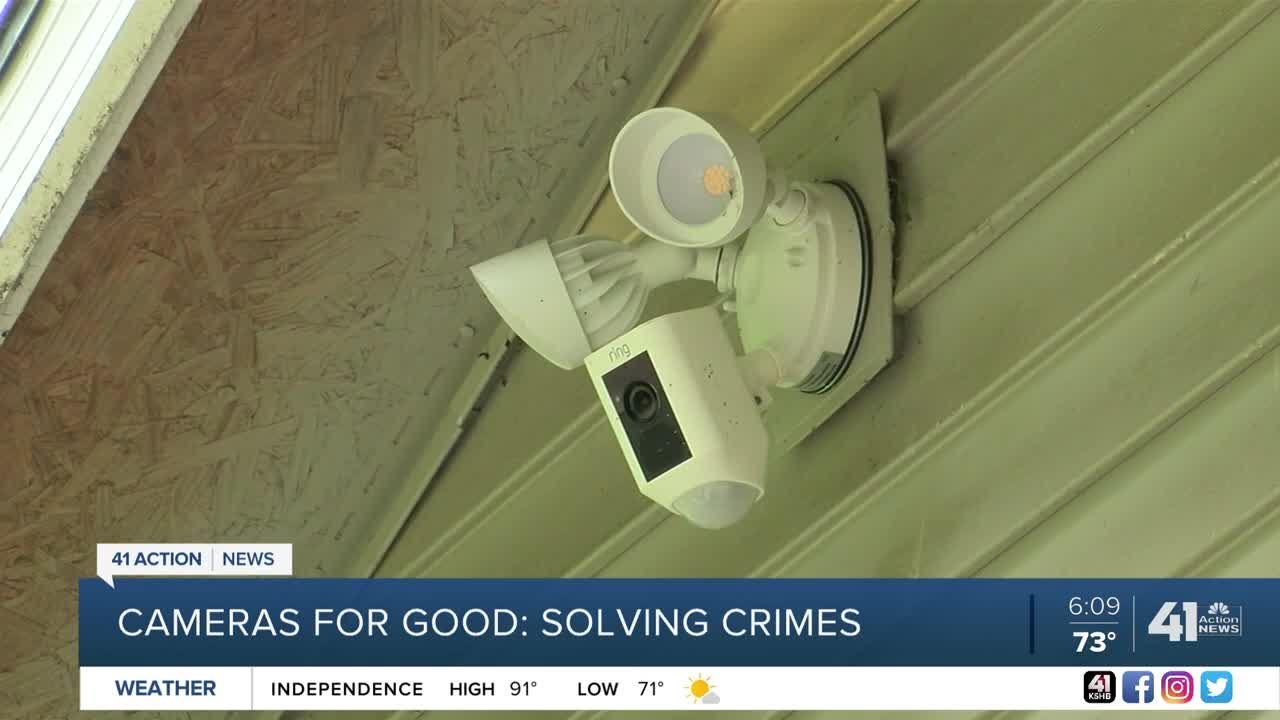KANSAS CITY, Mo. — Marlon Hammons wants his neighborhood to be safe. He is the president of the Washington Wheatley neighborhood improvement association on the east side of Kansas City, Missouri.
“If we look at all the places where anything could jump off, you need a camera there,” Hammons said.
His neighborhood already has several cameras thanks to a program in Kansas City called “Cameras for Good.” Over the past two years the program has facilitated buying and installing nearly 50 cameras in one dozen neighborhoods across the city.
In 2018 and 2019, Jackson County COMBAT funded this pilot program to help neighborhoods buy surveillance cameras to place in high crime areas. The idea is if people know they’re being recorded, they won’t commit crimes. Or if they do commit a crime, the footage will help prosecute them.
Neighborhood presidents say the cameras have caught people dumping trash illegally, prostitution, and assaults.
“I’m all for it because if you can make the neighborhood that you live in safer, or even the appearance of it being safer, because we can put 21st century technology into play, it’s a game changer,” Hammons added.
COMBAT did not fund the program in 2020, but hopes other neighborhoods see the successes of pilot program participants and decide to invest in cameras themselves.
Cary Shiner from security firm Smart Pro Technologies said a camera and storage for all its recordings cost less than $400 per year.
Cameras alone don’t make the change. Part of the program connects participants with the AdHoc Group Against Crime for “block watch” training. The class assigns a block watch captain to a street who then trains their neighbors what to look for and what to do if they see something out of the usual.
“If you don’t know your neighbor, you don’t know what car they drive, you don’t know if they work at night or in the morning, then it is very hard to know what is going on, what’s natural and what’s unnatural,” explained Kymira Randolph from the AdHoc Group Against Crime.
While the funding may not be there in 2020 for cameras, guidance is. Connecting for Good operated the pilot program and is willing to help new neighborhoods get the program off the ground themselves.
CEO Tom Esselman said the more neighborhoods who get involved, the more of an impact it will have on reducing crime.
“Oftentimes efforts would push crime from one neighborhood to the other. Our hope now is that more neighborhoods see the opportunity to work together,” Esselman said.
For more information, click here.





